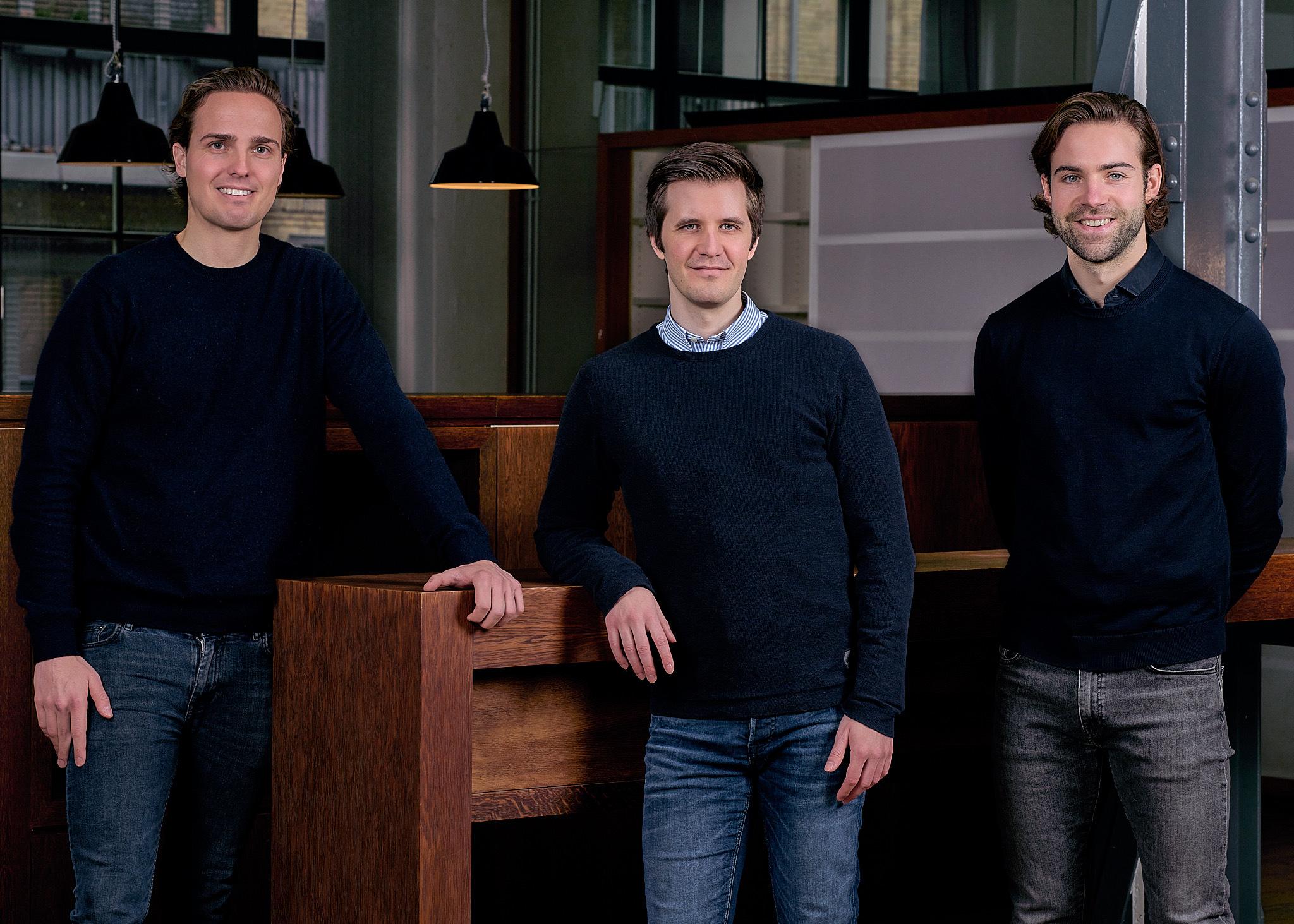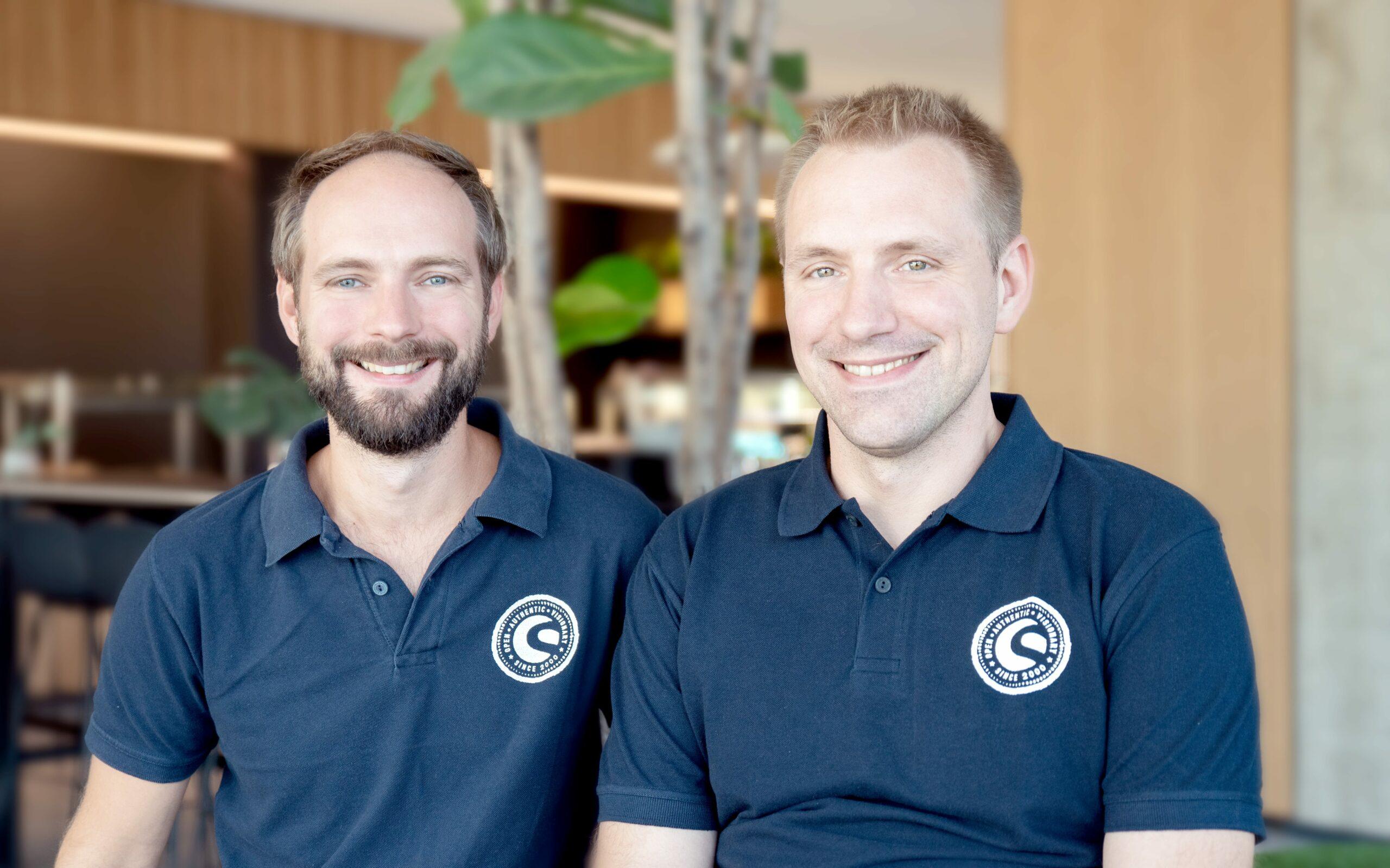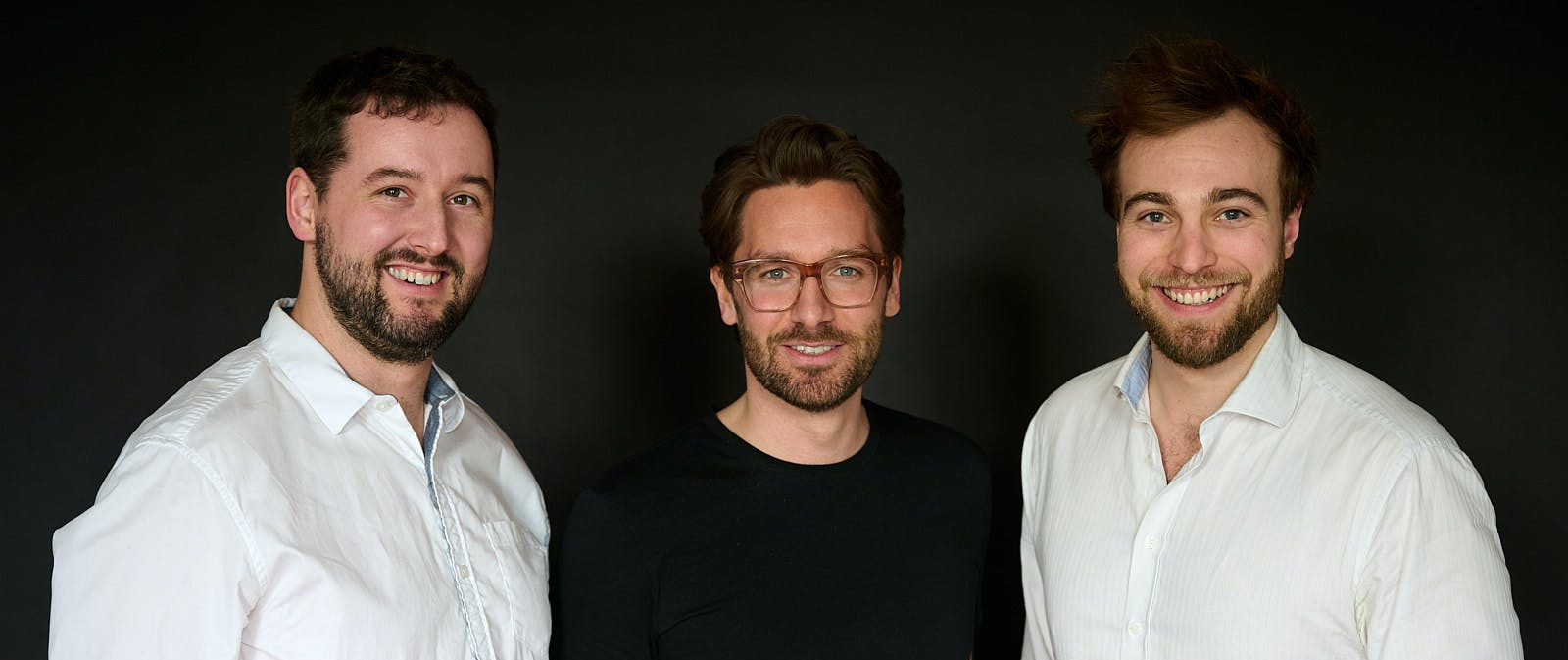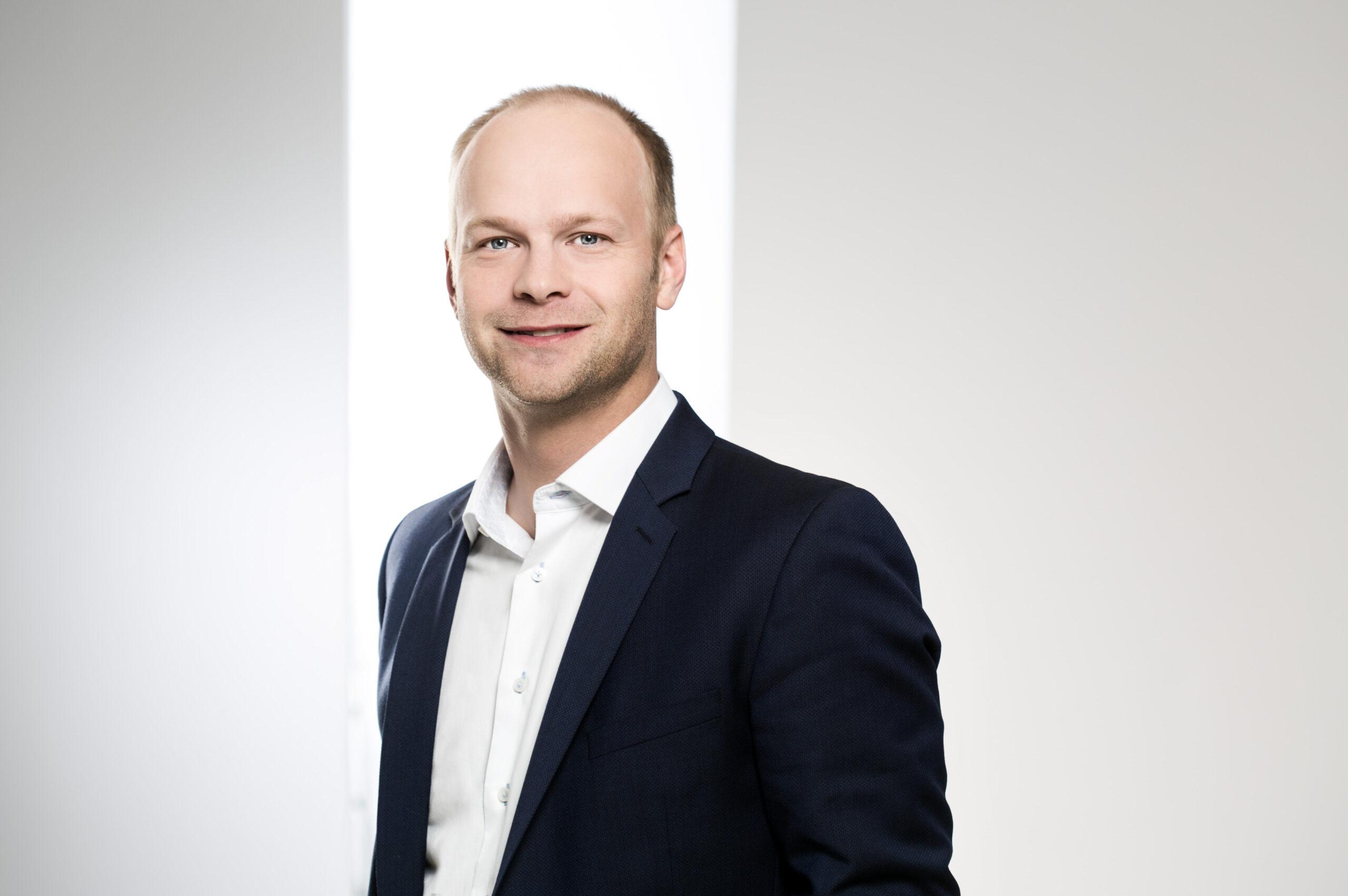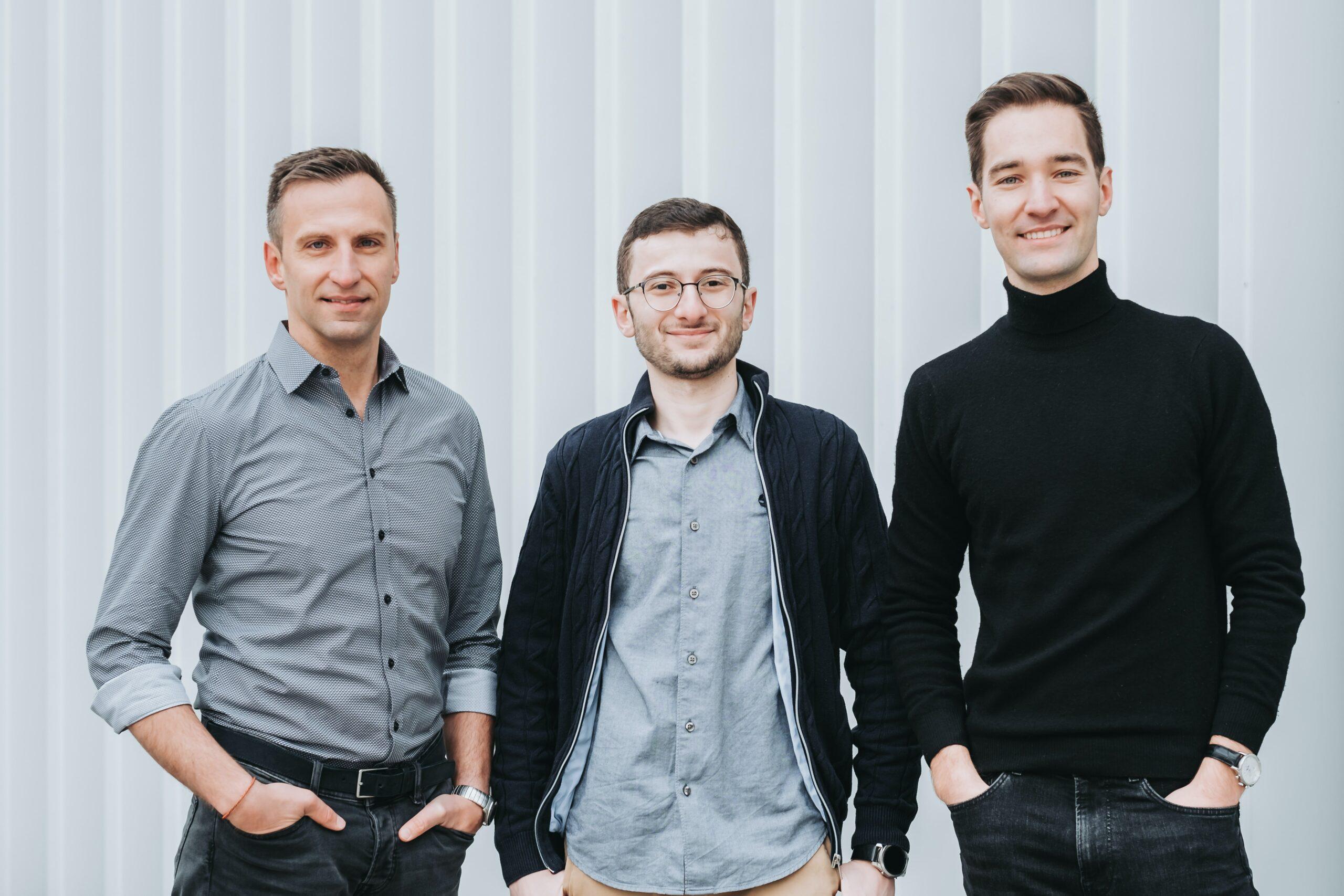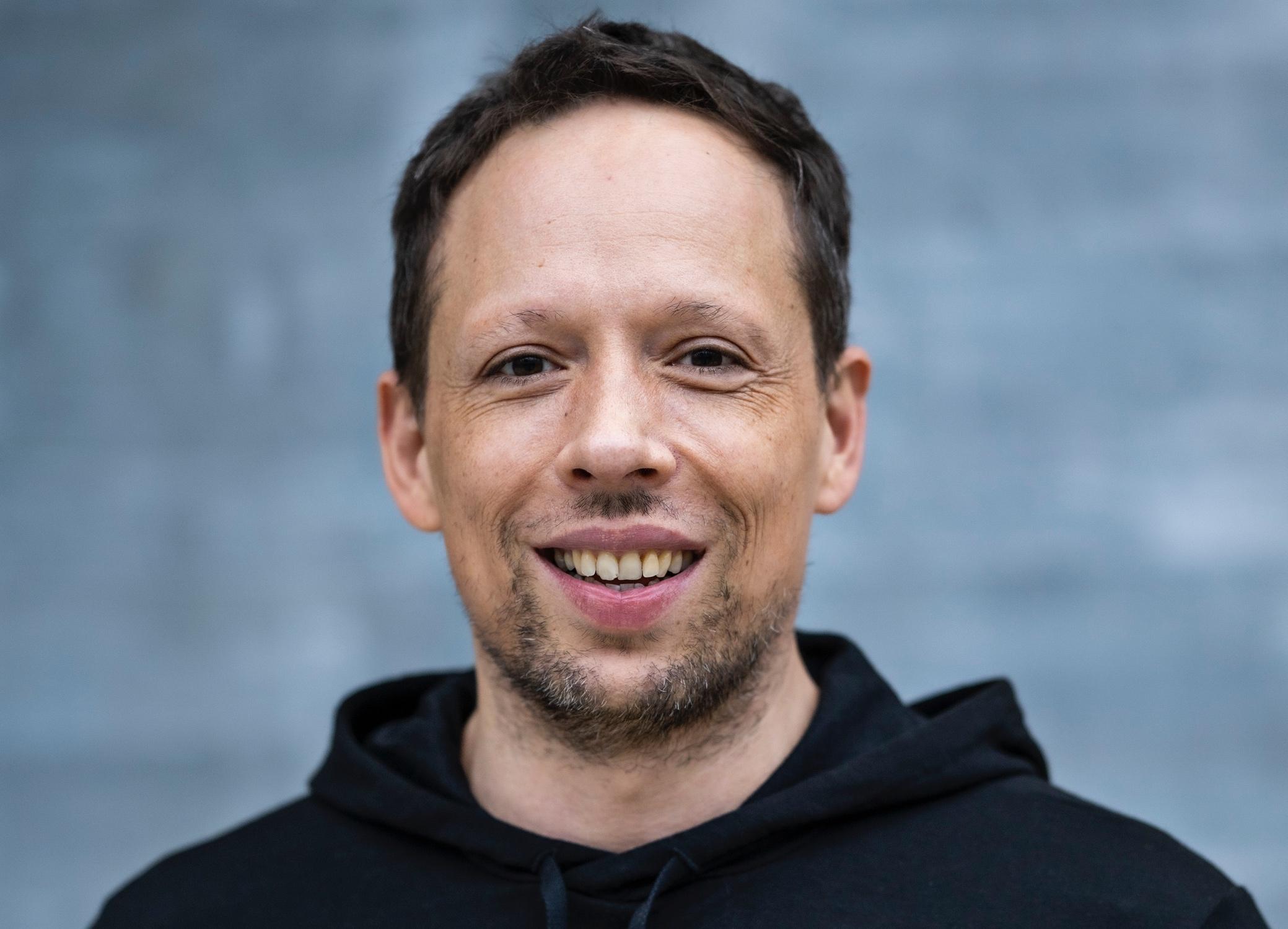"Software development is rigid and slow"
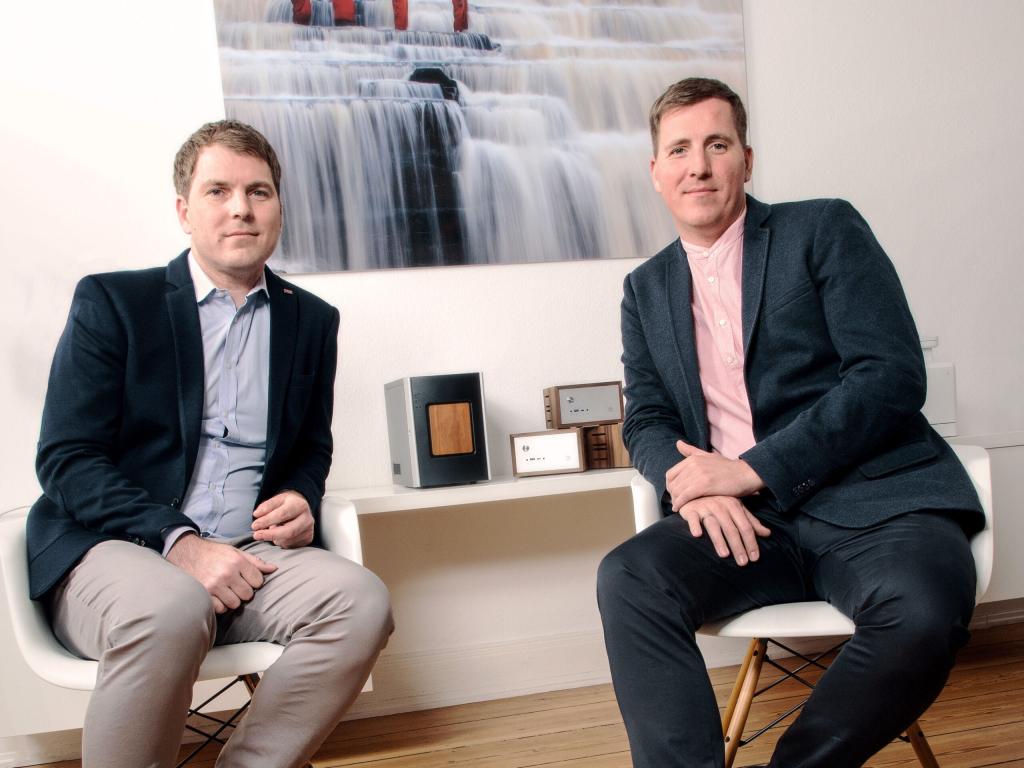
Christoph and Ralf Dyllick-Brenzinger are not only brothers, they also founded a company together. In this interview, Christoph explains how they want to simplify programming for employees.
In most cases, you need your own IT department, a lot of time and a large budget to develop a software solution in your own company. The founders of Seatable want to change this and provide their customers with a "Lego construction kit". Employees or even self-employed people without programming skills can use it to develop solutions independently.
Mr. Dyllick-Brenzinger, you want to simplify programming with Seatable, how does that work?

Seatable is a solution for everyone worldwide, regardless of whether it's a team of one or a large DAX-listed company. We approach the topic differently depending on who we are dealing with. For an average private customer who has worked with Excel before, we can explain that Seatable works like Excel. It starts with the classic rows and columns, but with significantly more functions. You can edit it on the web, with several people at the same time, you can insert documents, images, URLS and much more. We actually see Seatable as a no-code, low-code solution, i.e. a construction kit that people can use to put together and program their own IT processes. Because software development has been rigid and slow up to now.
How did you come up with the idea?
My brother Ralf and I didn't come up with the idea for Seatable ourselves. It originally came from the Chinese company Seafile. The company wanted us on board because we are exclusive sales partners for the Seafile software worldwide, with the exception of China. As a result, we have known the Chinese developers for years and as the collaboration went well from the outset, we decided to set up a joint venture. SeaTable GmbH is now 50% in German and 50% in Chinese hands.
How did you come to found the company together as brothers?
We have a similar history. We both started out with a business degree, he in business administration and I in economics. After that, we both worked as management consultants. He worked in finance, mainly in the Arab region, and I was an IT consultant and supported SAP projects throughout Europe. We come from an entrepreneurial household, our father is the fourth generation to run a construction company. That's why we've both always flirted with the idea of self-employment. We founded our first company together in 2014. We enjoy working together and we work well together. We also have a clear division of tasks. We discuss everything down to the smallest detail, but I have the last word when it comes to technology and my brother when it comes to strategy and figures.
You describe Seatable as "the Excel of the future", why?
Most of our users first need a few days and weeks to get beyond the level where they just enter numbers or formulas, like in Excel. Only then does the huge world of Seatable open up. The first step in any process is to collect information, bring it together and then work with it. Only in the second step is it about visualization and automation. The challenge is to pick people up quickly and explain it in a way that is easy to understand, which is where our proximity to Excel helps us.
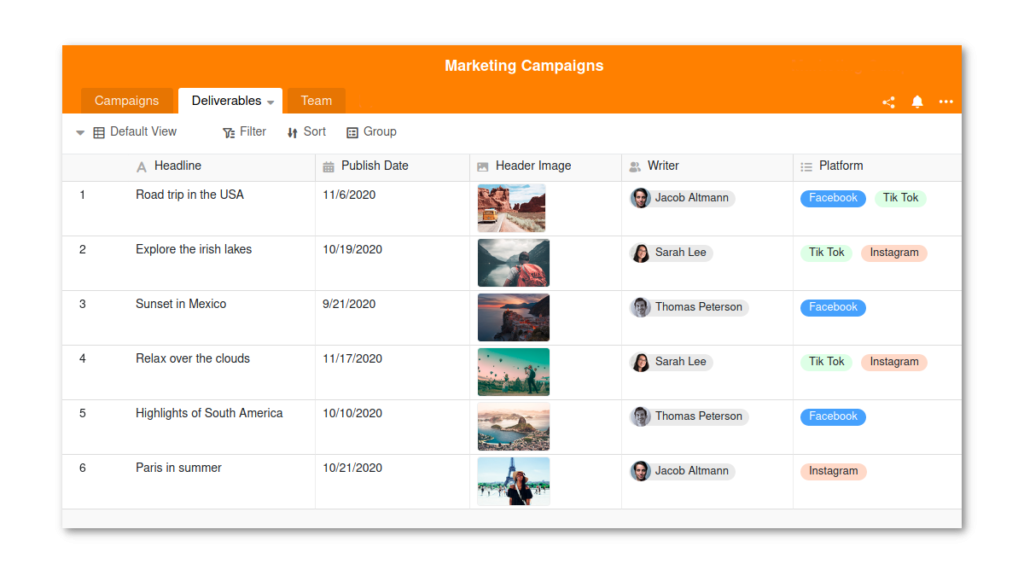
What difficulties have you faced so far?
There are three challenges that we face time and again. The first is finding good employees. For us, they need to have the necessary IT knowledge as well as good communication skills. We don't have the classic division into sales, IT etc. Instead, in the best case scenario, one employee is responsible for one or more customers and then supports the entire process within the company. The second is the issue of reach. It's not easy to achieve reach, especially with highly competitive terms such as project management or HR topics. The third is the cultural difference between China and Germany. The Chinese are very focused on the speed of innovation and new features, while we Europeans prefer to play it safe and only publish something when it is 100 percent certain. These cultural contradictions are not always easy to manage, but on the whole, the advantages definitely outweigh the disadvantages.
What would you do differently today?
What would have helped me would have been if someone had said to me eight years ago, when we first set up the company, "don't always think that the others are smarter than you and that you can't do some of the things yourself". We often handed over tasks to external service providers without thinking about what we expected and wanted. For example, we handed over the topic of search engine optimization to an agency because we had no idea about it and heard so much nonsense afterwards because we thought they could do it. Now I deal with the topic beforehand, try it myself and only delegate the tasks once I have understood how it works so that I can understand the results.
Where do you see yourself in five years' time?
My personal goal is for us to be seen as a valid solution on the European market, also in terms of data protection and data sovereignty. We want to be perceived as an active player.
What advice would you give other founders?
Trust your own abilities and gut feeling and don't let resistance get you down. Nowadays, many people are only concerned with the amount of financing rounds and the external impact, and that's completely different for us. We have been completely self-financed from the outset. My work is fun when I feel like I'm making a difference and that I'm learning something every day.
Thank you very much for the interview.
About the person:
Christoph Dyllick-Brenzinger is one of the founders and Chief Product Officer of Seatable. After several years as a management consultant in the SAP environment for major European corporations, he founded the first joint company Datamate together with his brother in 2014.

Newsletter
Startups, stories and stats from the German startup ecosystem straight to your inbox. Subscribe with 2 clicks. Noice.
LinkedIn ConnectFYI: English edition available
Hello my friend, have you been stranded on the German edition of Startbase? At least your browser tells us, that you do not speak German - so maybe you would like to switch to the English edition instead?
FYI: Deutsche Edition verfügbar
Hallo mein Freund, du befindest dich auf der Englischen Edition der Startbase und laut deinem Browser sprichst du eigentlich auch Deutsch. Magst du die Sprache wechseln?


